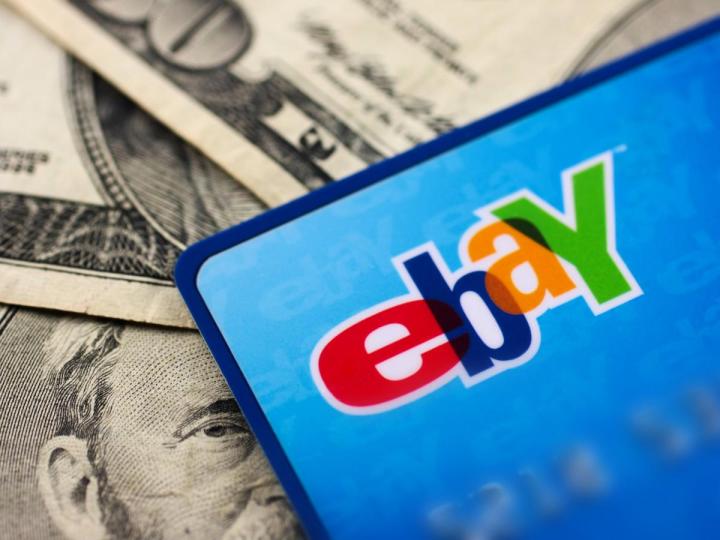
It’s already unveiled the world’s first virtual reality department store, but eBay isn’t quite done making it easier for you to spend money without ever leaving your home. Last week, the online auction house launched a series of new browsing modules and search features meant to help shoppers better discover the right products for their needs (or perhaps, their desires). These improvements, eBay told Digital Trends via email, are part of the company’s “larger efforts to leverage structured data to create a platform that is more targeted and relevant for its users.”
Recognizing the different shopping habits of their broad customer base, eBay notes in a blog post about its new features, “Consumers don’t always rely on the very same tools to make their shopping decisions.” As such, the bid-taking giant promises that it will be introducing a number of enhancements throughout the year aimed towards helping buyers find and purchase selected items. And it’s all reliant on big data.
“Our new browsing modules provide users with extra levels of guidance and more flexibility in surfacing the most relevant items for them,” said Dominique Bouchon, eBay’s Director of Search Front-End Product Management. “For example, the modules expose ‘shop by brand’ options, great savings, and best selling products, all by leveraging our structured data. Structured data is the key to unlocking this new experience, as it allows our platform to reveal patterns in buying and selling.”
But equally important to eBay’s browsing modules, the company says, is its search function. As such, the two functionalities are being developed in tandem with hopes of achieving the best possible shopping experience.
“One of our biggest technical goals this year is to deliver a very robust shared platform for searching and browsing,” said Dan Fain, Vice President of Shopping Experience. “By leveraging what we learn, and the data we collect through our new browsing experiences, we’ll be better able to give shoppers relevant ways to narrow down their search sessions.”
“We’re doing this in such a way that customers who are really accustomed to keyword searching, poking around with keywords, can leverage new browsing guidance modules that offer them more suggestions, and vice-versa.”
So if you find yourself spending more money than usual on eBay in the coming months, you’ll know that these enhanced search and browse features have truly done their job.


